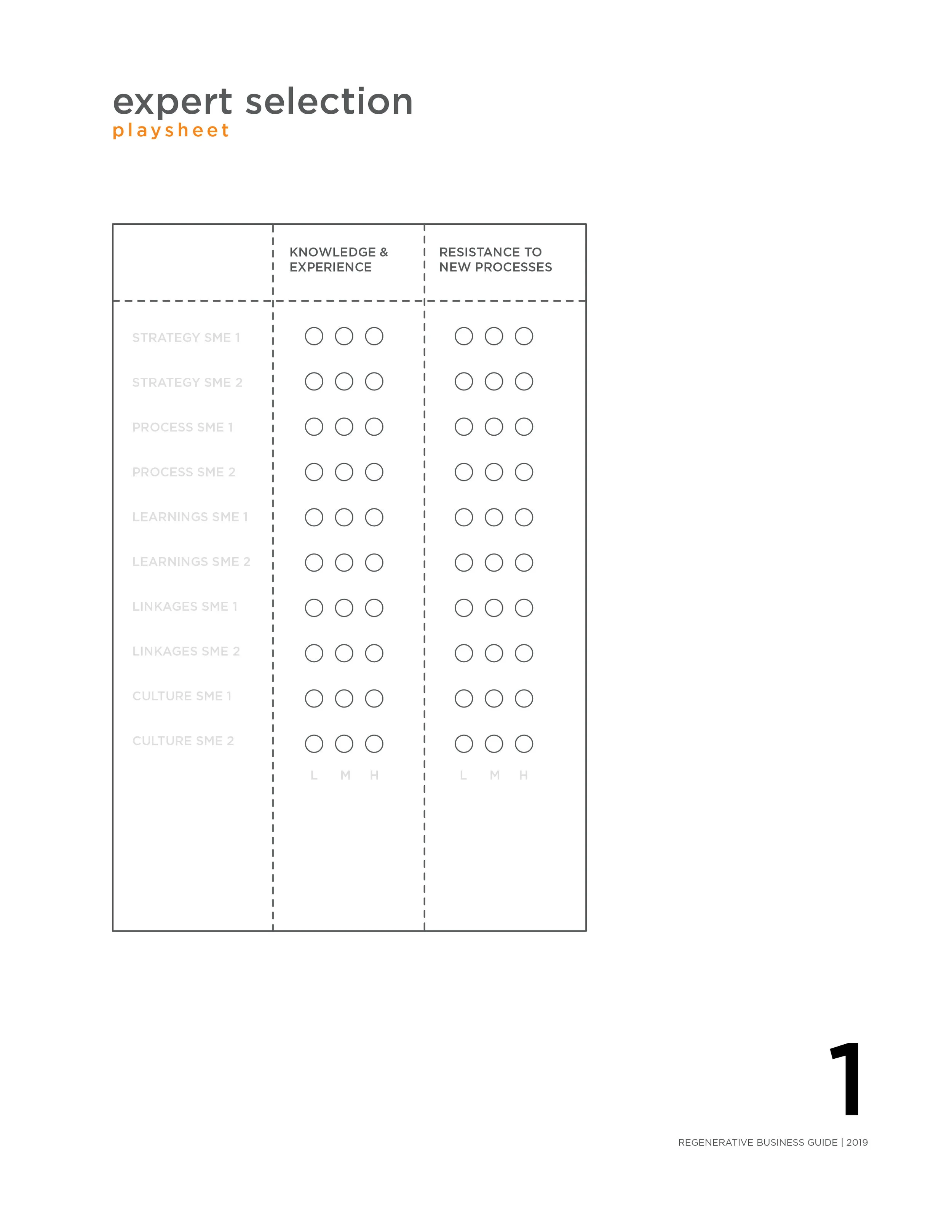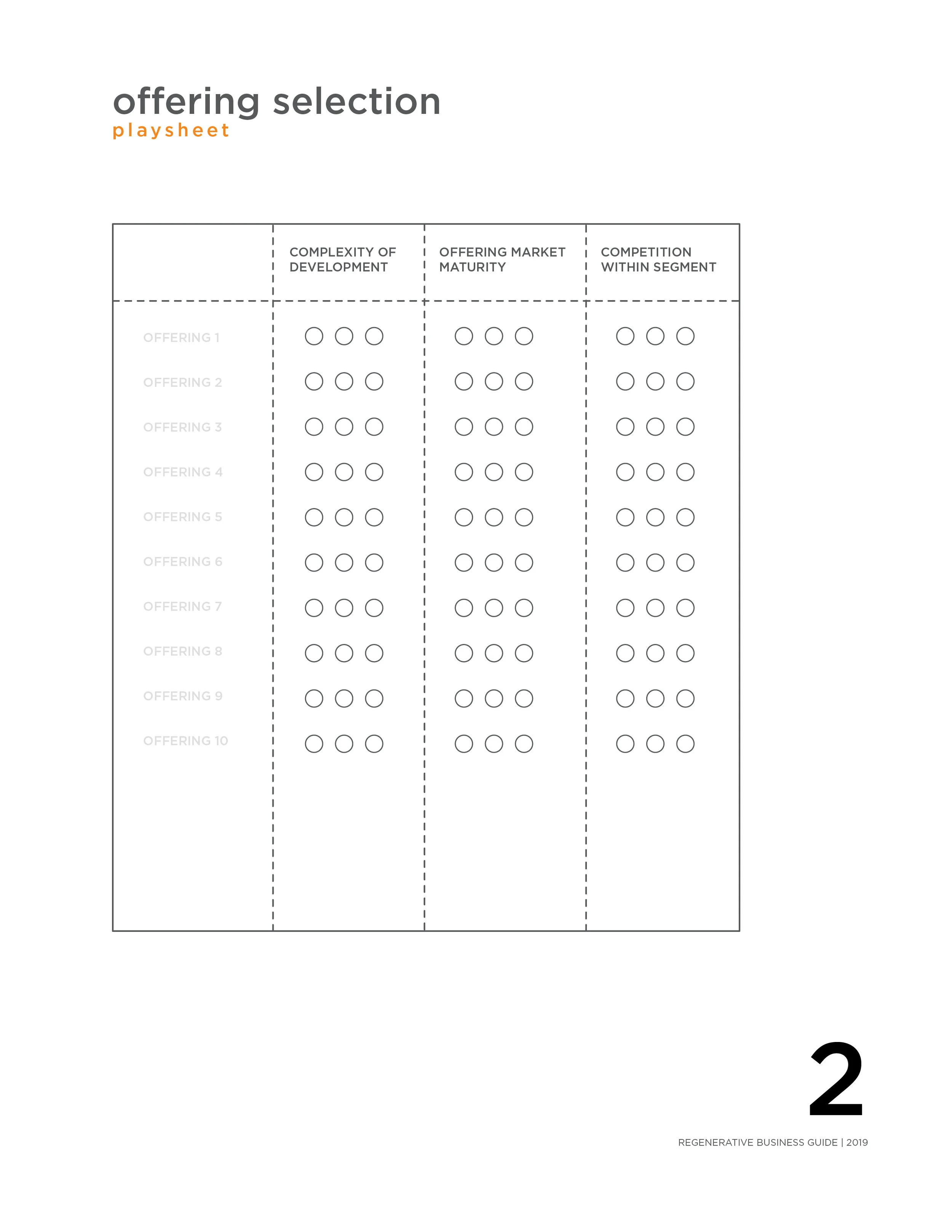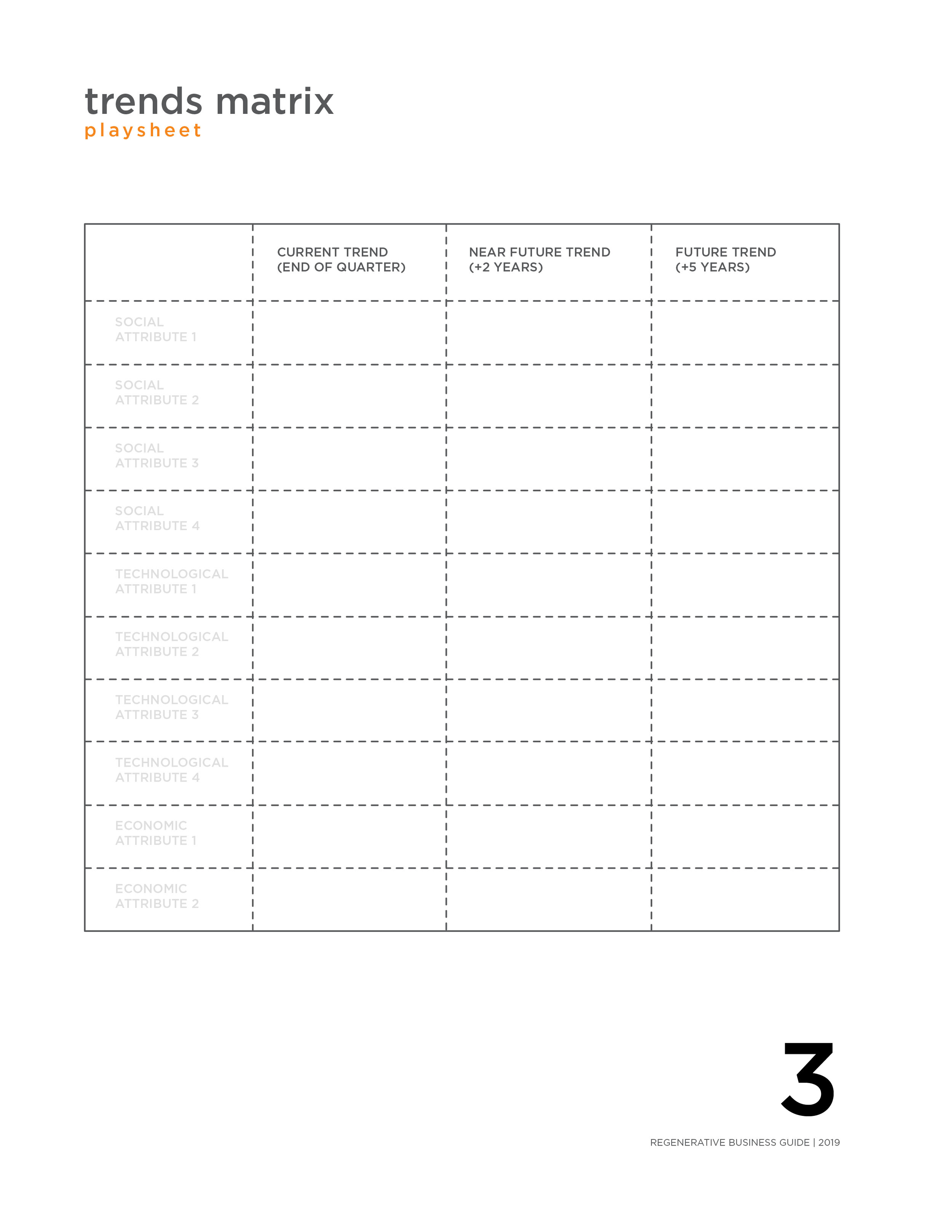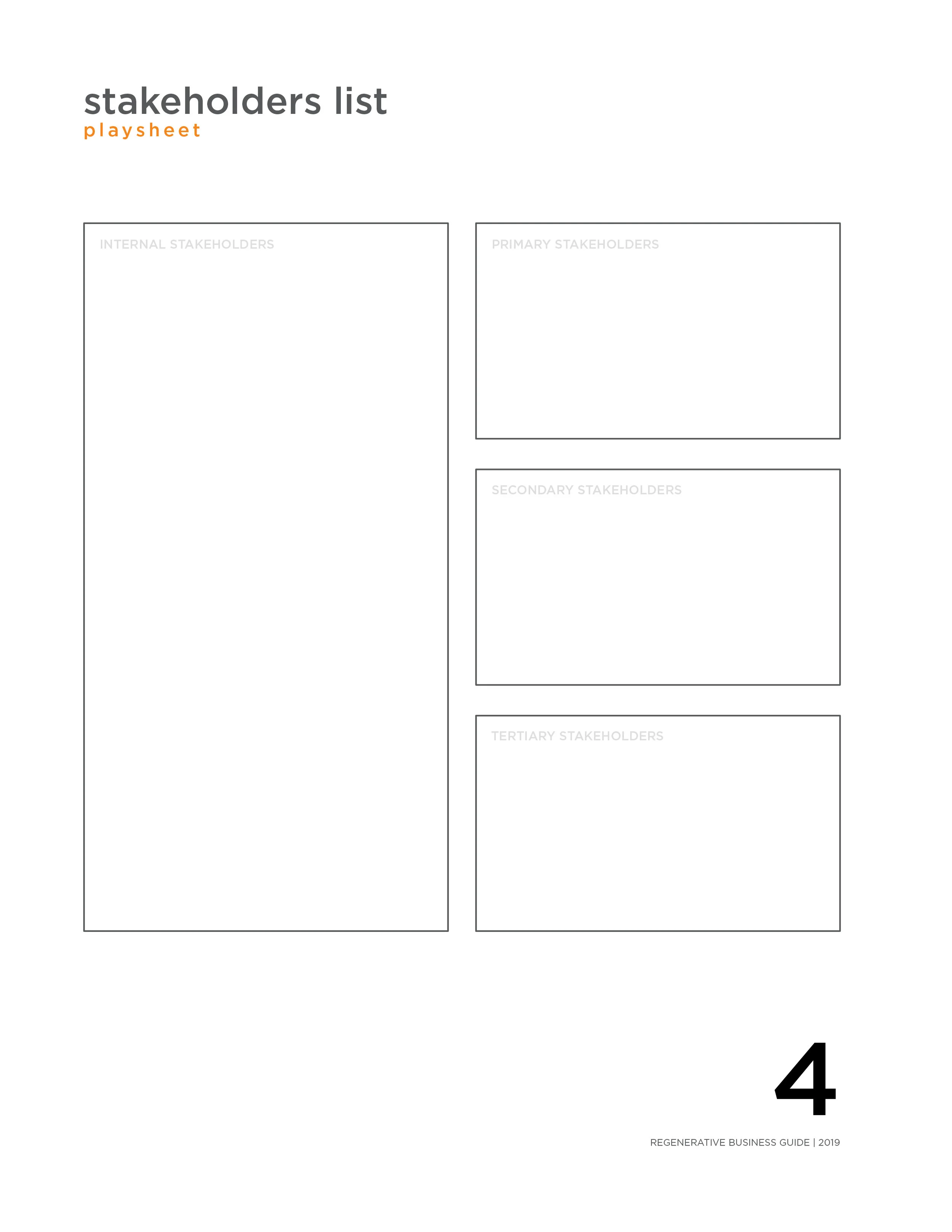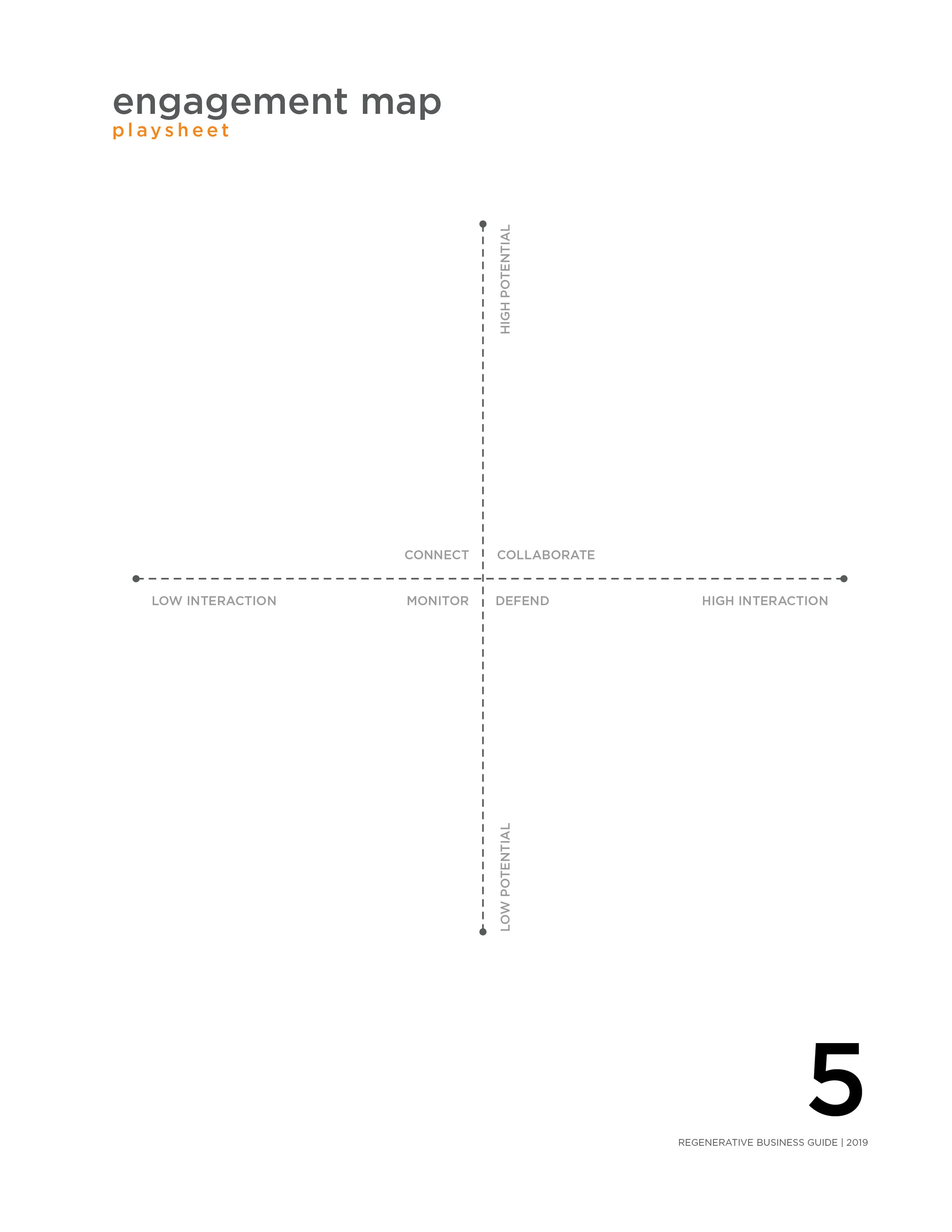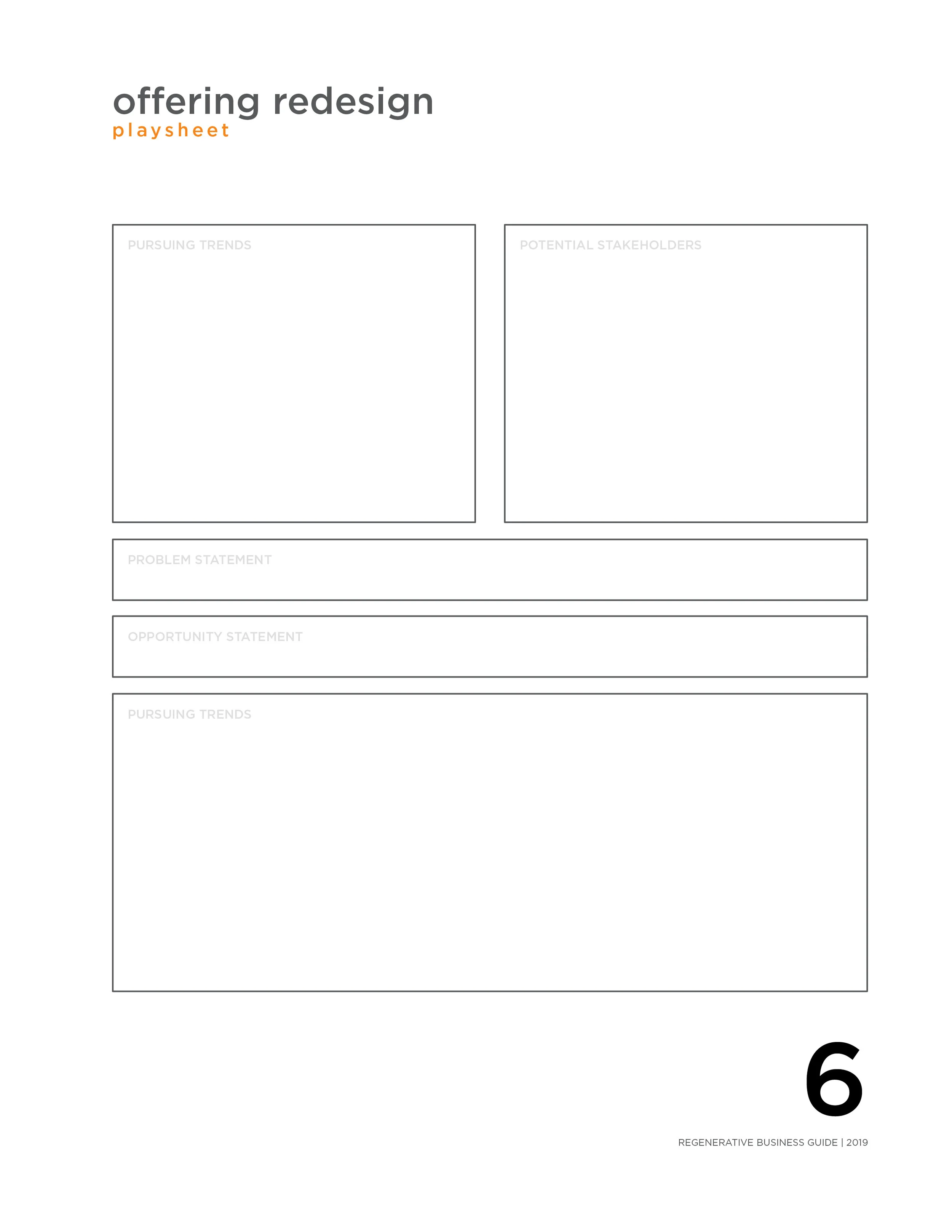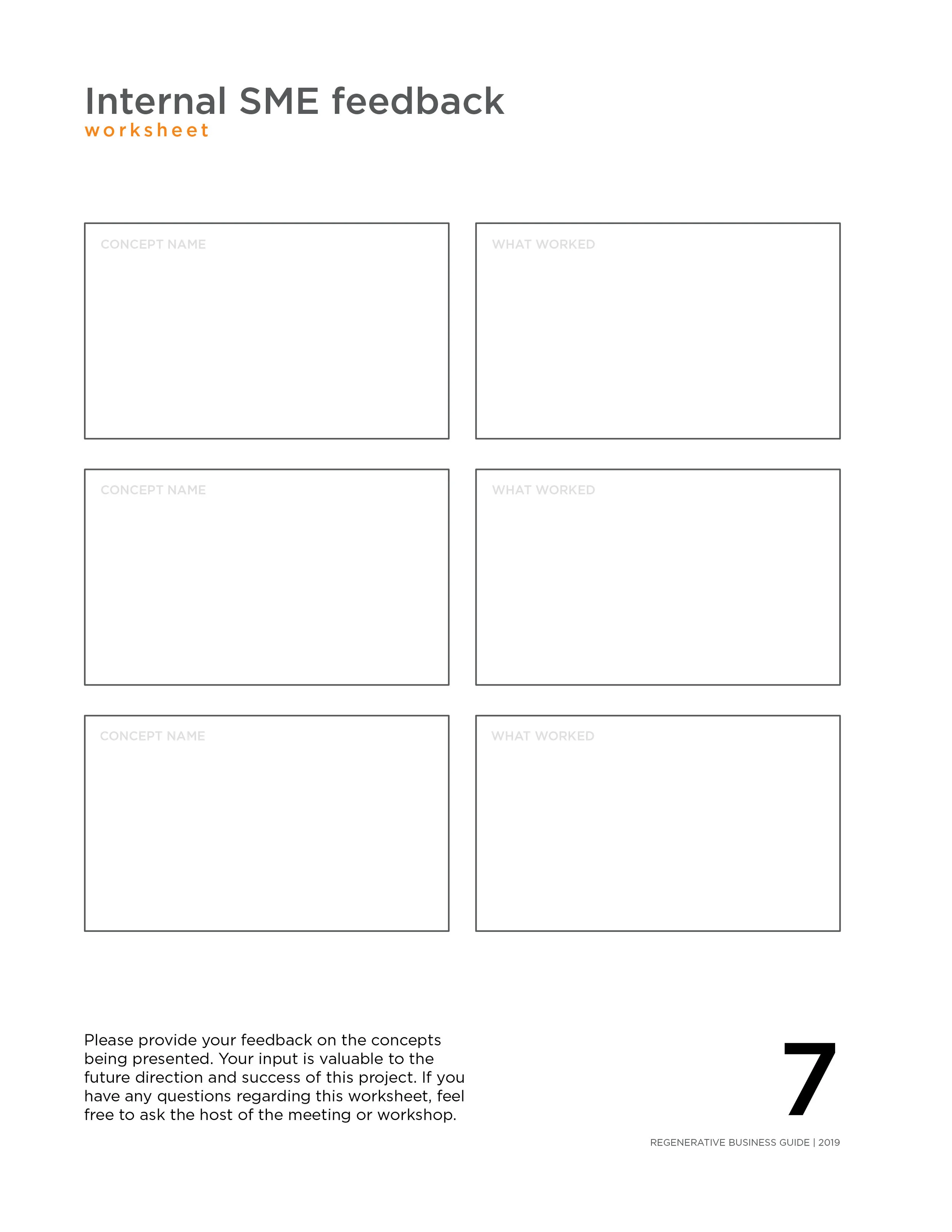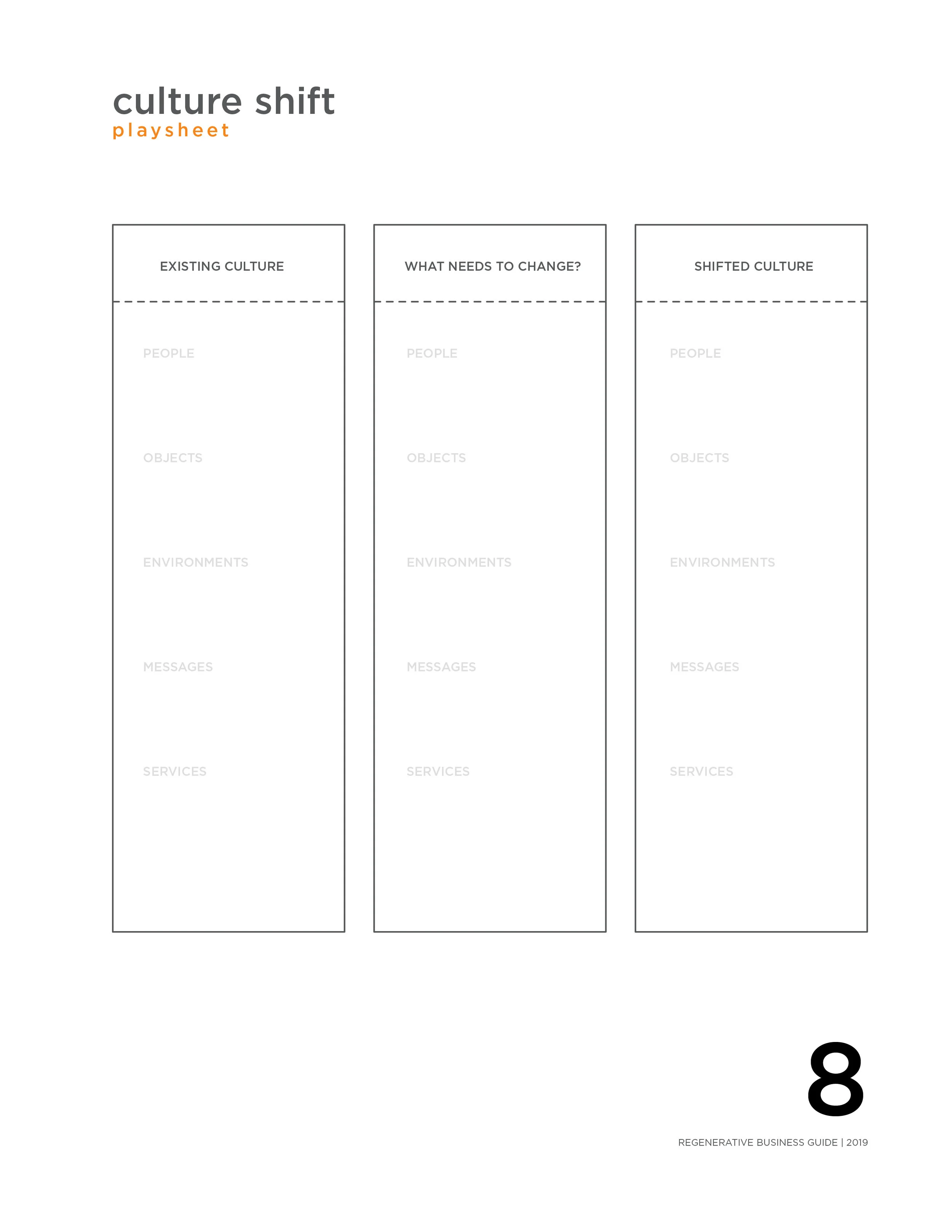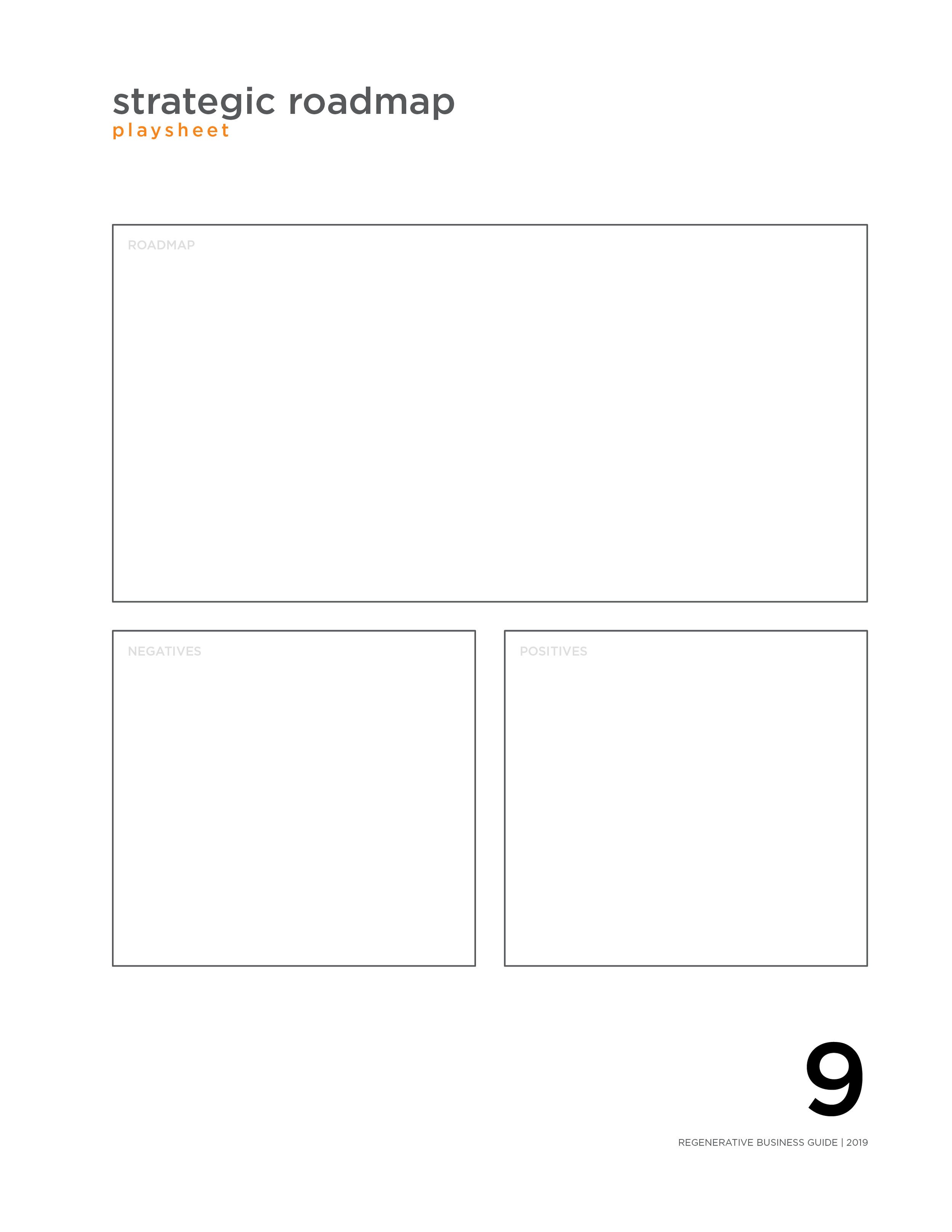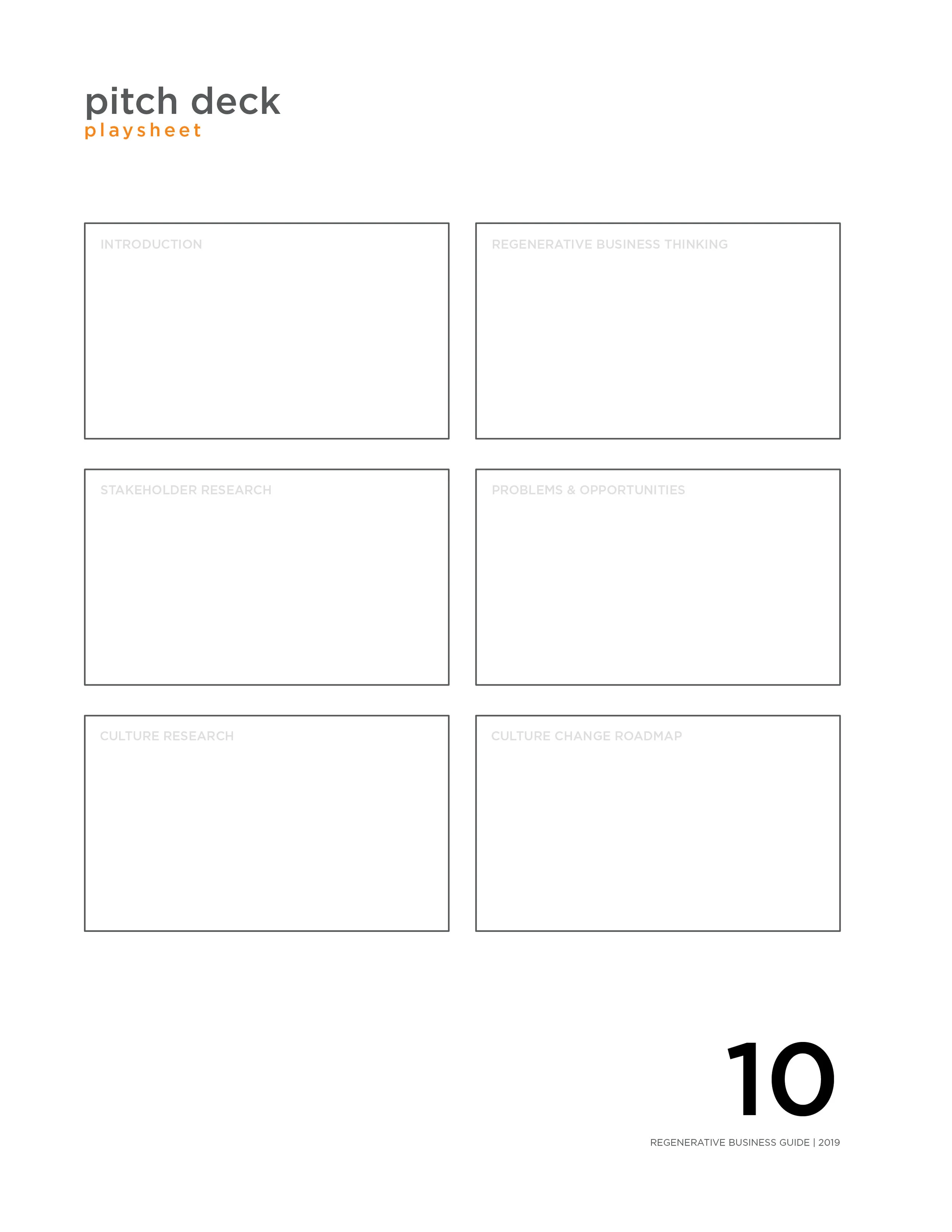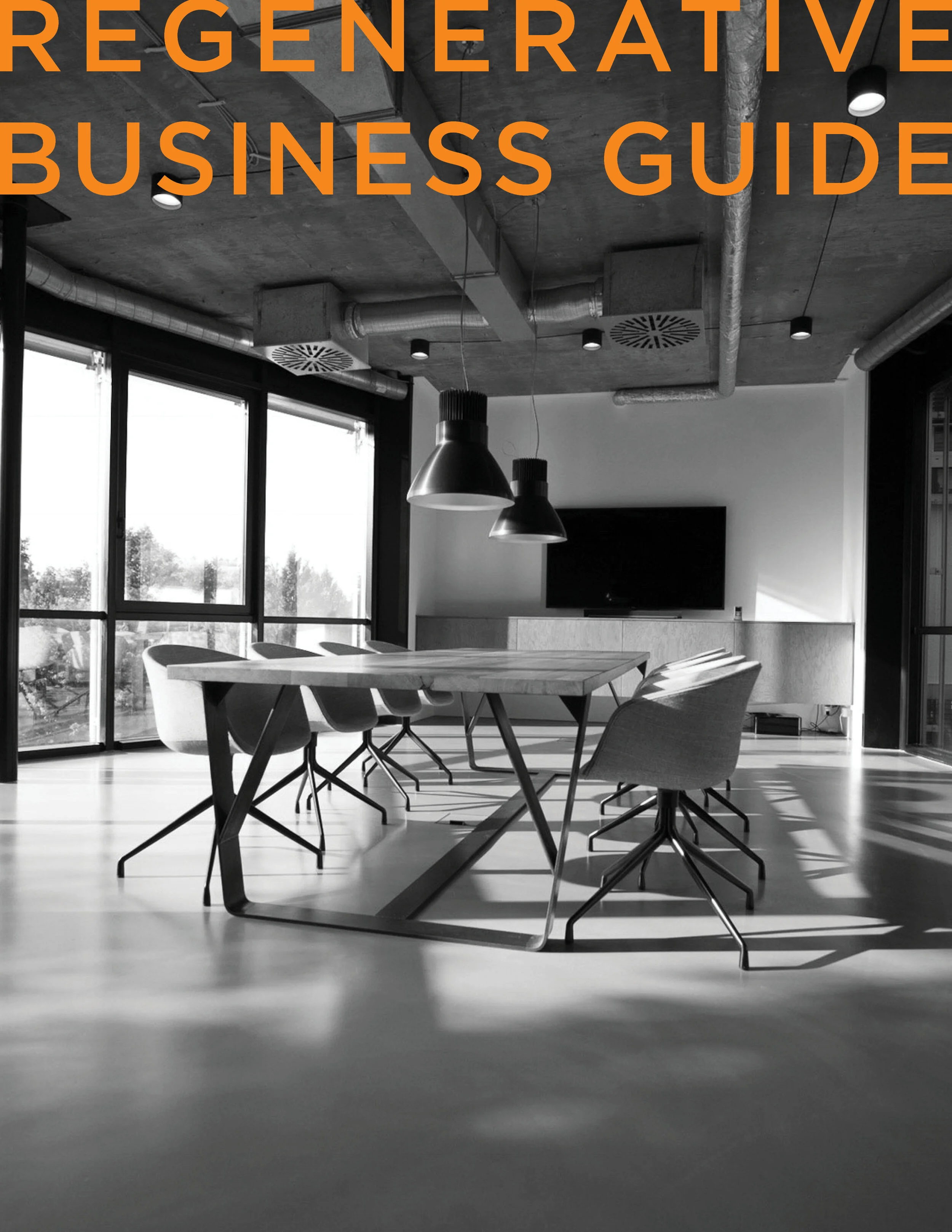Thesis
Developing a Playbook
THE PROBLEM
There exists a problem within the manufacturing industry, wherein poor buy-in and myopic views of the sustainable innovation process are diminishing manufacturing firms’ competitive advantages in the marketplace.
THE VISION
There exists an opportunity to develop an adaptive tool that can aide sustainability-oriented consultancies to enable manufacturing firms to adopt sustainable business practices for competitive advantages.
FUNCTION
Academic research
Concept development and evaluation
Visual and editorial design
Guide made open source 2019
BACKGROUND
This piece of work was carried out in partial fulfillment of my MFA in Design Management from SCAD, Savannah over a period of 15 months. The academic research began with the central question being: “How can manufacturing firms utilize their organizational culture to adopt Circular Economic practices?” The research soon indicated that the challenge in adopting ecologically sound business practices lay elsewhere. The thesis had an action research frame of outlook and culminated in the development of a concept playbook to be used by various organizations to create ecologically sound products and services for profit.
Developed under the guidance of Professor William Lee (Chair, Design Management, SCAD)
THE RESEARCH
The researcher invested the first six months of the thesis by laying out the iterative, non-linear qualitative design research framework which went through four sections.
Research setup
Secondary research
Primary research
Concept development
The research setup consisted of framing the research ideology which led to the execution of armchair research. The secondary research consisted of studying academic literature to get an understanding of how industry can pursue the challenge of ecological sustainability and economy.
SYNTHESIS AND IDEATION
The primary research consisted of open ended semi-structured one hour long conversations with subject matter experts, who later on weighed in on the developed concept.
The insights extracted from the secondary as well as the primary research were to validate (and/or pivot) the initial assumptions made for the purpose of this thesis.
The main insight was organizations that are resistive to ecological sustainability-oriented innovation are so because they do not see a value in pursuing a long term endeavor as such. In order to pivot that frame of time, advocacy and guidance is required. These insights gave rise to the design criteria, which became the base to create the final concept.
The design criteria framed was as such:
Studying the organization’s internal culture
Gathering information about their marketplace
Developing short term business case to showcase long term organizational benefits of a sustainable outlook to C-Suite
Creating process to move the organization from pursuing resource efficiency to pursuing organizational transformation.
Since the design process is iterative in nature, the initial concept developed was a three session long workshop, but after receiving feedback from SMEs was pivoted to a self-administrate playbook that walks individuals or organizations through how to implement and advocate a sustainability-oriented innovative outlook within their organization.
THE OUTCOME
The playbook walks you through a ten step process designed to take you or your team up to 10 weeks to execute. The playsheets at displayed above. I decided to make the playbook open source for all to use. Click the playbook button below to download a printable version so you can start the conversation at your organization. Ready to ride the wave of sustainability-oriented innovation? Please contact me via email or linkedin if you would like a hard copy.
The concept playbook was presented at Academic Design Management Conference hosted by the Design Management Institute in Ravensbourne, London, August 2018.



